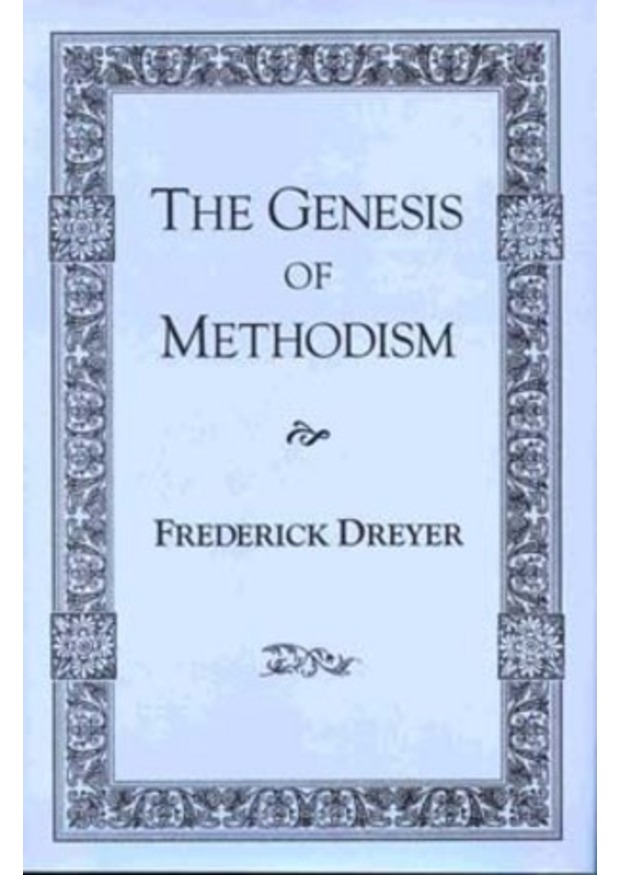Methodism arose under the leadership of John Wesley in England in the eighteenth century. Its emergence is a late event in the history of Protestantism. Unlike the other major Protestant denominations, it has no direct connection with the Reformation. What its antecedents really are is a question that often divides historians. Was Wesley a man who was primarily a Dissenter and a sectarian in his inspiration or an Anglican and a churchman? Evidence can be cited on both sides of the debate. Many long books have been written to show that truth lies somewhere in between, recent literature, perhaps slightly favoring Wesley's churchmanship over his sectarianism.
Frederick Dreyer takes a new look at the question and reaches a fresh conclusion. Methodism in its origins owes nothing to either Anglicanism or Dissent. In its defining characteristics, it derives from the Moravian revival, an evangelical movement arising in Germany in the eighteenth century. Wesley met the Moravians when he went to Georgia as a missionary in 1735; there he lived and worked with them on terms of intimacy. Later, in England it was under Moravian guidance and tutelage that he experienced his evangelical conversion. After this conversion he went to Germany, stayed with the Moravians, and received further instruction. Wesley's first efforts as a revivalist were made as a member of the Moravian "diaspora" mission, ministering to awakened Christians of all denominations. After 1740 Wesley and the Moravians quarreled and parted company. But what he continued to do as a Methodist merely duplicates what he had done as a Moravian. The Moravian "diaspora" is reconstituted as the Methodist "connexion." The ecclesiology is the same. Also the soteriology: in urging Christians to see themselves as miserable sinners deserving damnation and to seek redemption by the merits of Christ alone. Wesley teaches Methodists what the Moravians had first taught him.
The extent of Wesley's debt to the Moravians has been overlooked. The literature on Moravianism is large, but mostly written in German and unavailable in English. Methodist historians do not read German and what they know about Moravians largely depends on what Wesley tells them. Here it can be shown that he is not to be trusted. After quarreling with the Moravians, Wesley set about devising for himself an intellectual pedigree that exaggerates his fidelity to the Church of England. The Moravians are dropped from the record. As the historian of Methodism, Wesley is often uncandid and sometimes mendacious. The debt to Moravianism is something that he refuses to acknowledge. In following him here we have gone wrong in understanding what early Methodism is and how it gets started. Seen as some arbitrary combination of Anglican and Dissenting influences, it looks incoherent and bereft of intellectual content and identity. Somewhat unpleasantly perhaps, the Marxist historian E. P. Thompson dismissed Methodism as "psychic masturbation" and Wesley as a "promiscuous" opportunist. Thompson did no more than read Methodism in its origins the same way it has been read by many Methodist historians. Methodism as a coherent system of belief does not begin to make sense until we see it in its Moravian background.













